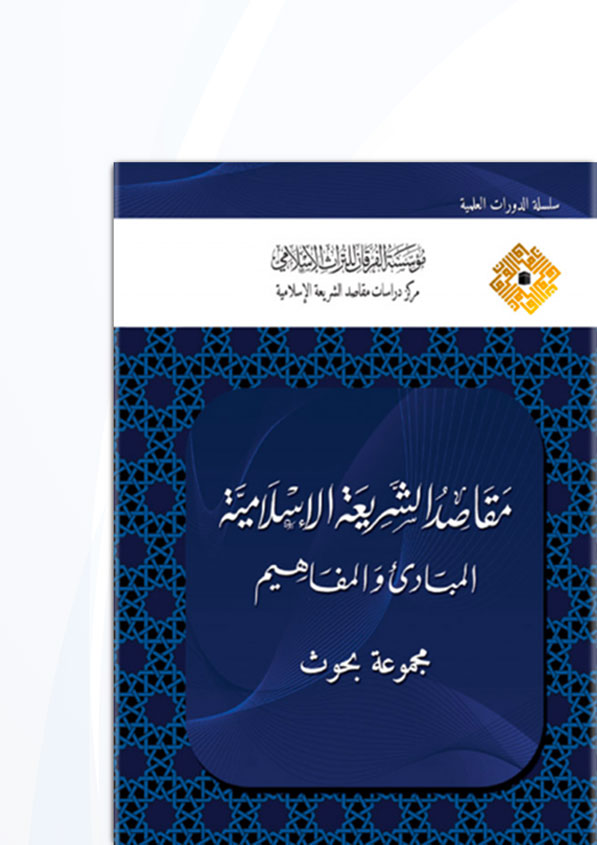Summary
This book comprises sixteen studies revolving around the historical development of the discipline of maqāṣid traceable from the era of the Prophet’s Companions, until its foundations were firmly laid by al-Shāṭibī, and those following him, led most prominently by Shaykh Ibn ‘Āshūr. Some of these studies investigate the ways of discovering and identifying the objectives of Islamic law, which were listed as: explicit statement of the objectives in the Qurʾān and Sunnah, from fiqh principles (al-Qawāʿid al-Fiqhiyyah), or identified from what is known of the ways to effective cause (Masālik al-ʿIlla). Other studies discuss the misunderstandings in the relationship between legal theory (uṣūl al-fiqh) and universal objectives (al-maqāṣid al-kulliyyah). The book also includes a study on omission (al-tark) in legislation (tashrīʿ) and obligation (taklīf). It also addresses the principle of means (al-dharāiʿ) in terms of history of knowledge, critical analysis of its traditional examples and giving alternative and contemporary examples in opening (fatḥ) and closing (sadd), while explaining the consequences (al-maʾālāt) and their significant effect on public good. The reader will find many studies on the founding principles of the fiqh of priorities (al-awlawiyyāt) and the importance of weighing up between the objectives (maqāṣid), especially where there is no previous ruling based on juristic effort (ijtihād). One study addresses the areas and horizons of ijtihād based on the objectives, while other studies explore the concept of renewal (tajdīd), its horizons today and the obstacles to it. Some studies discuss maqāṣid principles in contemporary financial transactions, and the role of maqāṣid in modern contractual transactions, whereas other studies look into activating maqāṣid in the charity and daʿwah sectors.




Reviews
There are no reviews yet.